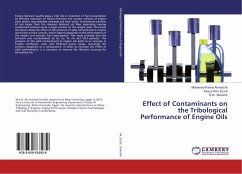
Broschiertes Buch
18. April 2016
LAP Lambert Academic Publishing

Broschiertes Buch
31. Dezember 2024
Ediciones Nuestro Conocimiento
Ähnliche Artikel
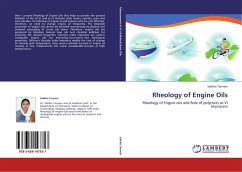
Broschiertes Buch
Rheology of Engine oils and Role of polymers as VI Improvers
Aufl.
6. Juni 2012
LAP Lambert Academic Publishing
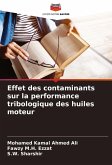
Broschiertes Buch
31. Dezember 2024
Editions Notre Savoir
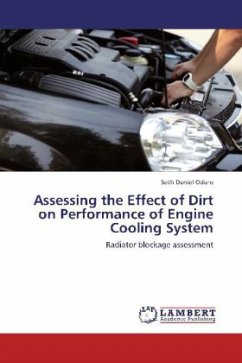
Broschiertes Buch
Radiator blockage assessment
Aufl.
2012
LAP Lambert Academic Publishing
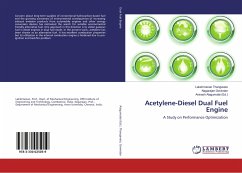
Broschiertes Buch
A Study on Performance Optimization
21. Dezember 2016
LAP Lambert Academic Publishing
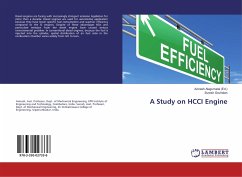
24,99 €
Versandfertig in 6-10 Tagen
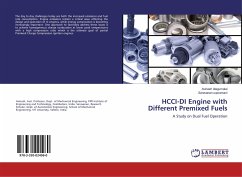
24,99 €
Versandfertig in 6-10 Tagen
Broschiertes Buch
A Study on Dual Fuel Operation
19. Dezember 2016
LAP Lambert Academic Publishing
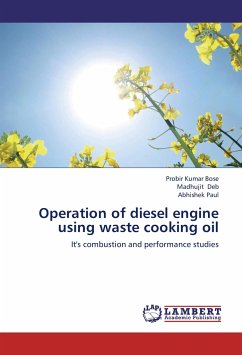
Broschiertes Buch
It's combustion and performance studies
16. Oktober 2012
LAP Lambert Academic Publishing
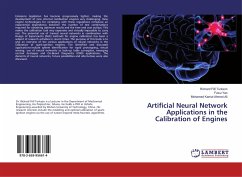
24,99 €
Versandfertig in 6-10 Tagen
Broschiertes Buch
7. Oktober 2016
LAP Lambert Academic Publishing
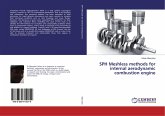
Broschiertes Buch
2. Juni 2015
LAP Lambert Academic Publishing
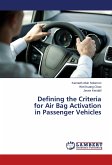
10,99 €
Versandfertig in 6-10 Tagen
Broschiertes Buch
28. April 2015
LAP Lambert Academic Publishing
Ähnlichkeitssuche: Fact®Finder von OMIKRON
